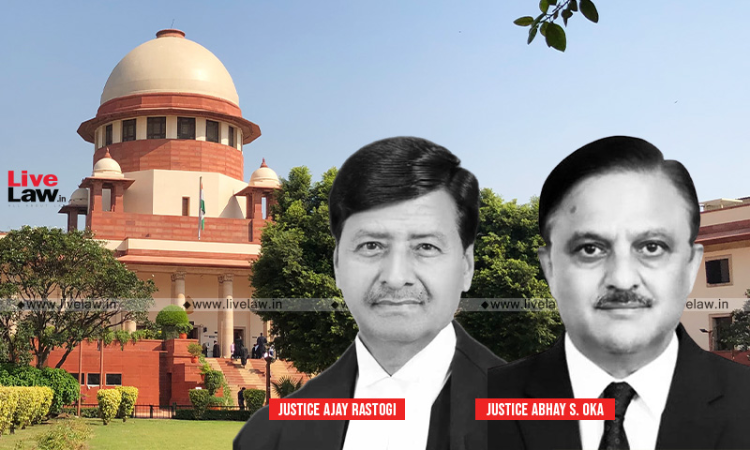The Supreme Court recently agreed to examine whether conviction under Kerala Abkari Act ("Act") was sustainable when independent witnesses to search turned hostile.The bench of Justices Ajay Rastogi and AS Oka issued notice in the special leave petition assailing Kerala High Court's order dated June 11, 2021 ("impugned order").In the impugned order, the High Court bench of Justice K Haripal...

